The Lille Center for European Research on Administration, Politics and Society (CERAPS, CNRS/Université Lille 2), together with Lille 2 University, Science Po Lille and the European Social Sciences and Humanities Research Institute (MESHS) will host the 10th International Conference in Interpretive Policy Analysis (IPA) under the title "Policies and their publics: discourses, actors and power" in Lille (France) from 8 July 2015 to 10 July 2015.
Conference theme :
POLICIES AND THEIR PUBLICS: DISCOURSES, ACTORS AND POWER
Anti-austerity protests in Southern Europe, the Occupy Movement in North America and Europe, to say nothing about the Vinegar Movement against the costs of hosting the 2014 World Cup in Brazil, are recent examples of spectacular contestations against government programmes which are paradoxically justified as being in the public interest. In a somewhat different vein, the widespread promotion of participatory democracy, at all levels of government, has spurred heated scholarly discussions regarding the 'democracy of the publics' (Manin, 1995). As such, the tenth IPA conference is devoted to studying public policies through their publics. The latter can best be understood as beneficiaries, recipients, and targets of public policies but also as stakeholders or participants in policy-making. In other words, publics are products as well as policy actors insofar as they inform public judgment (Dewey, 1927).
Therefore, policy-making, whether it is local, national or international has to be embedded in the diversity of its publics. Its analysis requires studying publics’ contribution to policy-making and, simultaneously, how publics are constructed in the process. Citizens, users, clientele, interest groups, experts, spin doctors, think tanks, media, political parties, top ranking civil servants, street level bureaucrats… all of these groups or entities can be understood as the publics of policies.
Analysing policies through their publics allows us to reflect on a) policy legitimisation; b) policy categories and identities; c) public participation in policy-making. In this respect, the discursive dimension – at the heart of the IPA’s agenda – is highly relevant.
a) How do politicians, officials and experts liaise with the public(s) at various stages of policy-making? How is the public being spoken for (for instance through opinion polls or statistics)? How is it given a voice?
b) How are publics constructed and bounded by policies? To what extent are groups and identities shaped in the policy-making process (problem definition, policy narratives, interaction with street-level bureaucrats and so on)?
c) To what extent do policies divide the public between supporters and dissenters? How are publics expressing themselves, whether they are invited to or not? How effective are these discourses?
All in all, in order to reflect on the linkage between argumentation, decision and action whilst taking the status of speakers seriously, argumentative tools, devices and regimes as well as power struggles are to be taken into account.
Keynote speakers and round-table
We are delighted to announce the following confirmed keynote speakers :
- Nina Eliasoph, Professor of Sociology at the University of Southern California
- Vincent Dubois, Professor of political science, Institute for political studies, University of Strasbourg, UMR SAGE.
- A round-table will also be organized entitled “Magic and magicians in policy-making” on the role of argumentation in the 'enchantment' ‘or reenchantment’ of public policy.
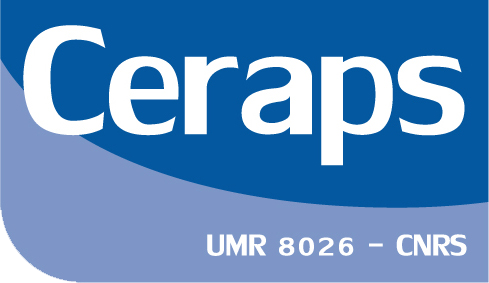
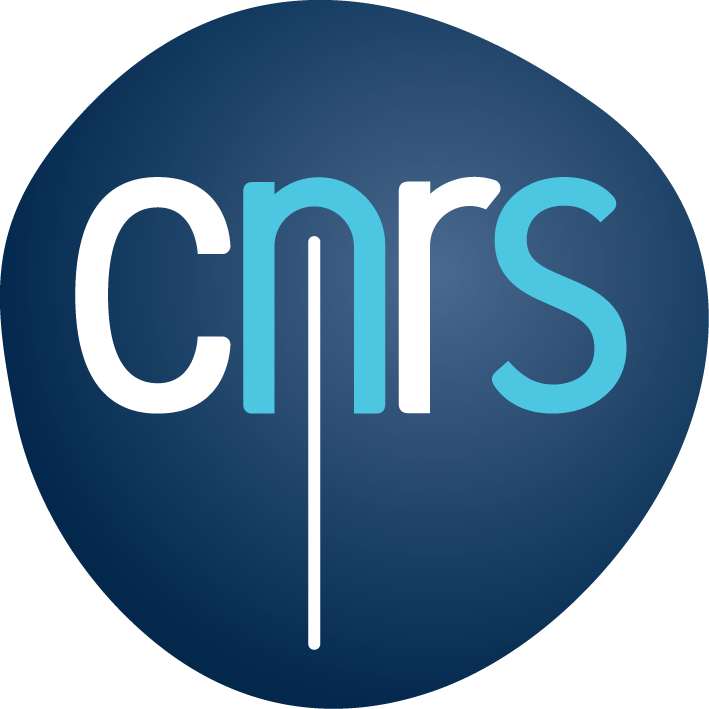
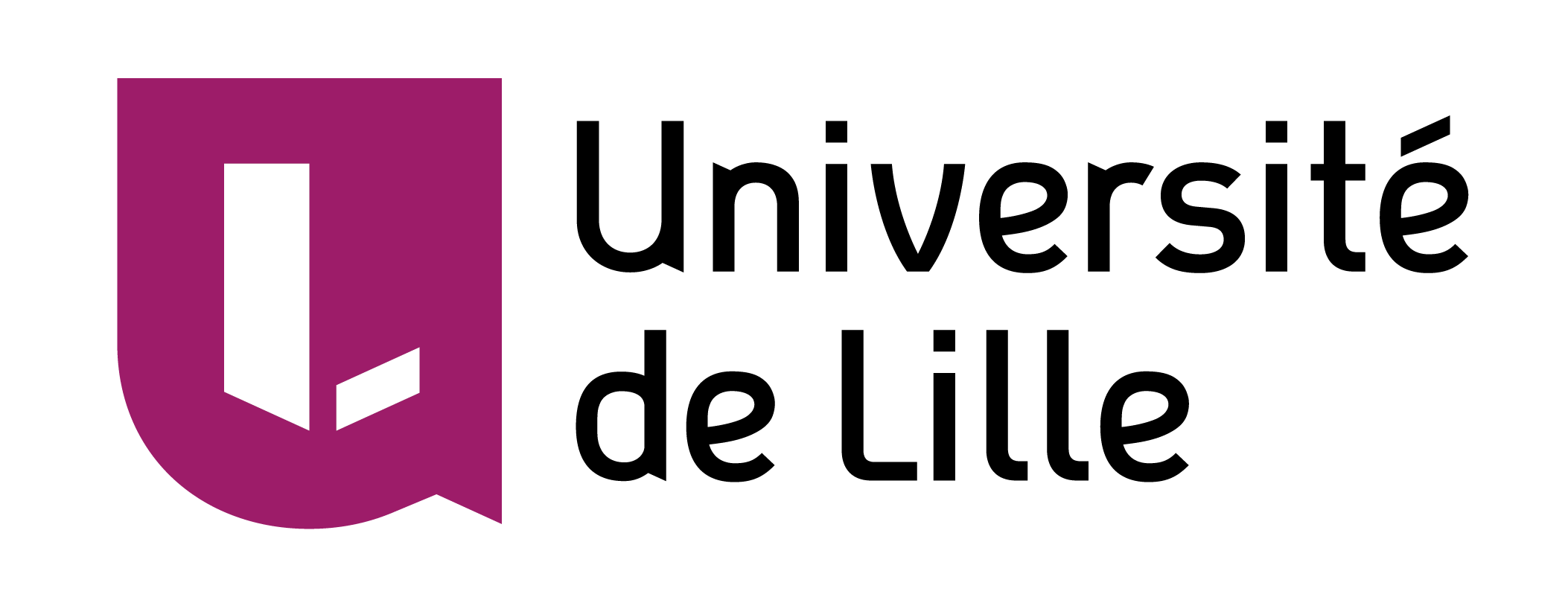
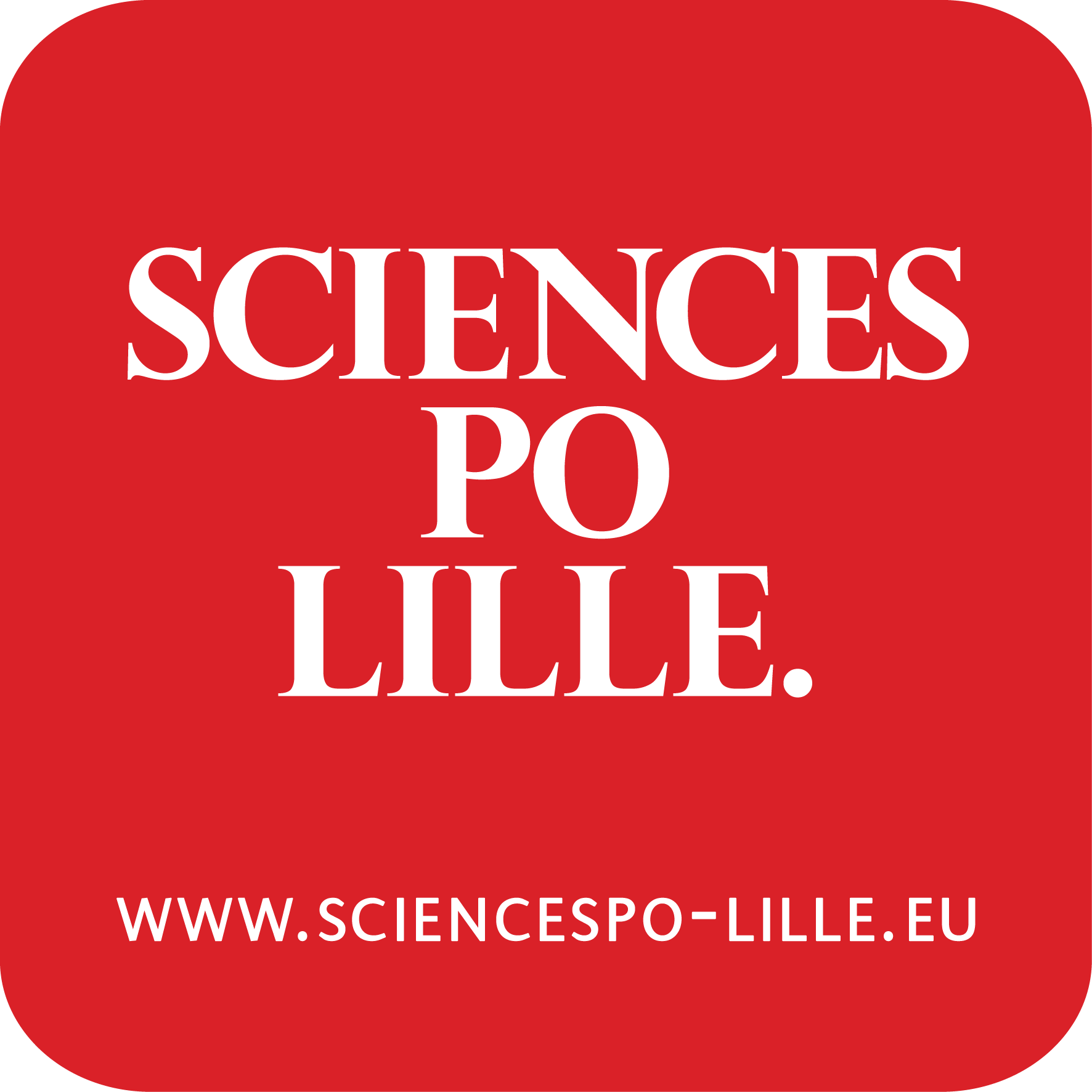
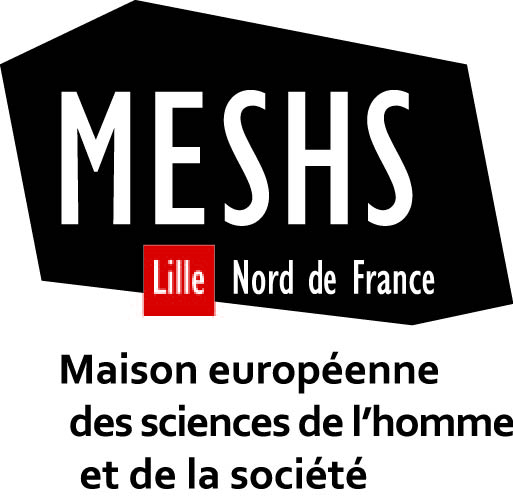
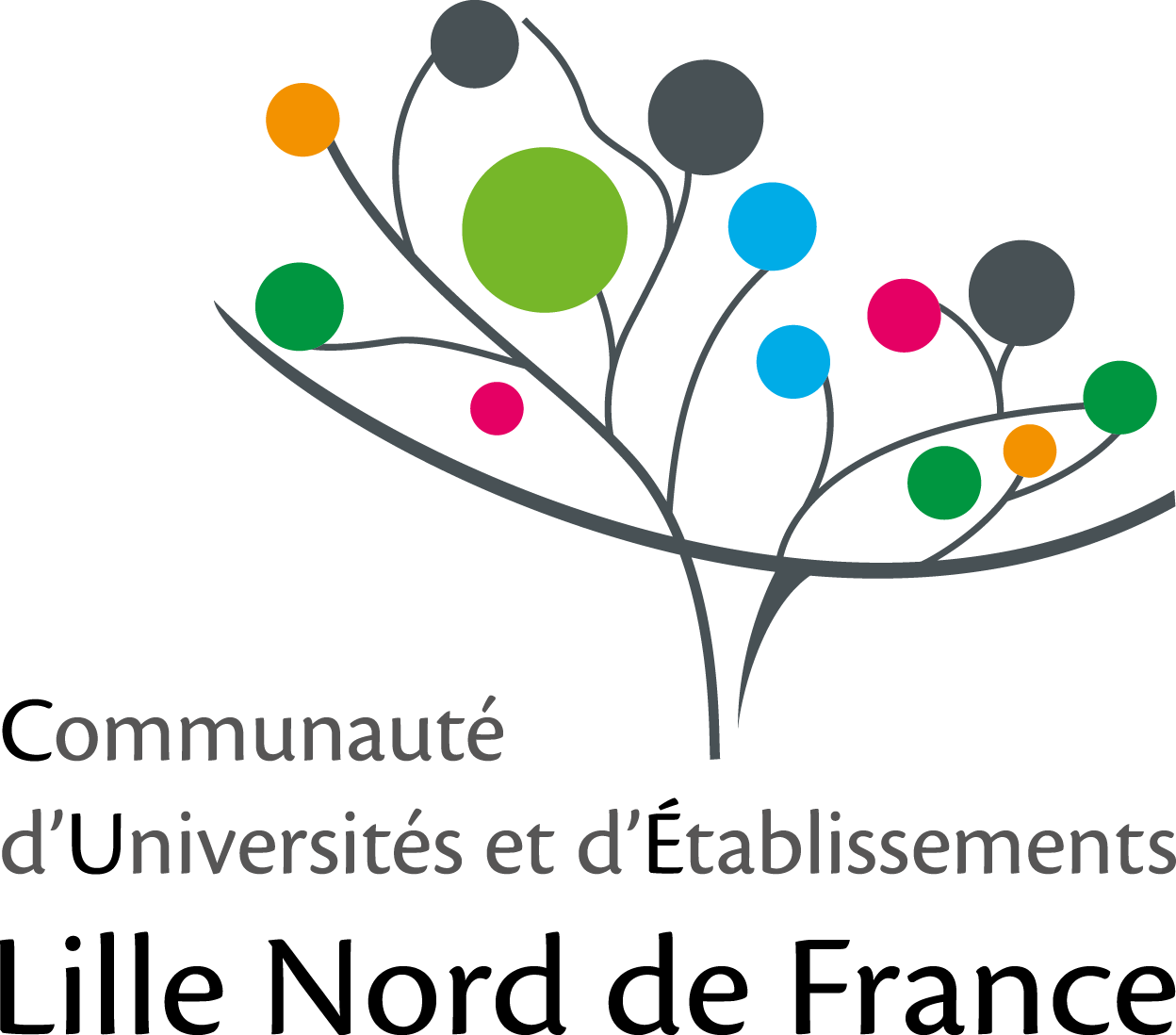


